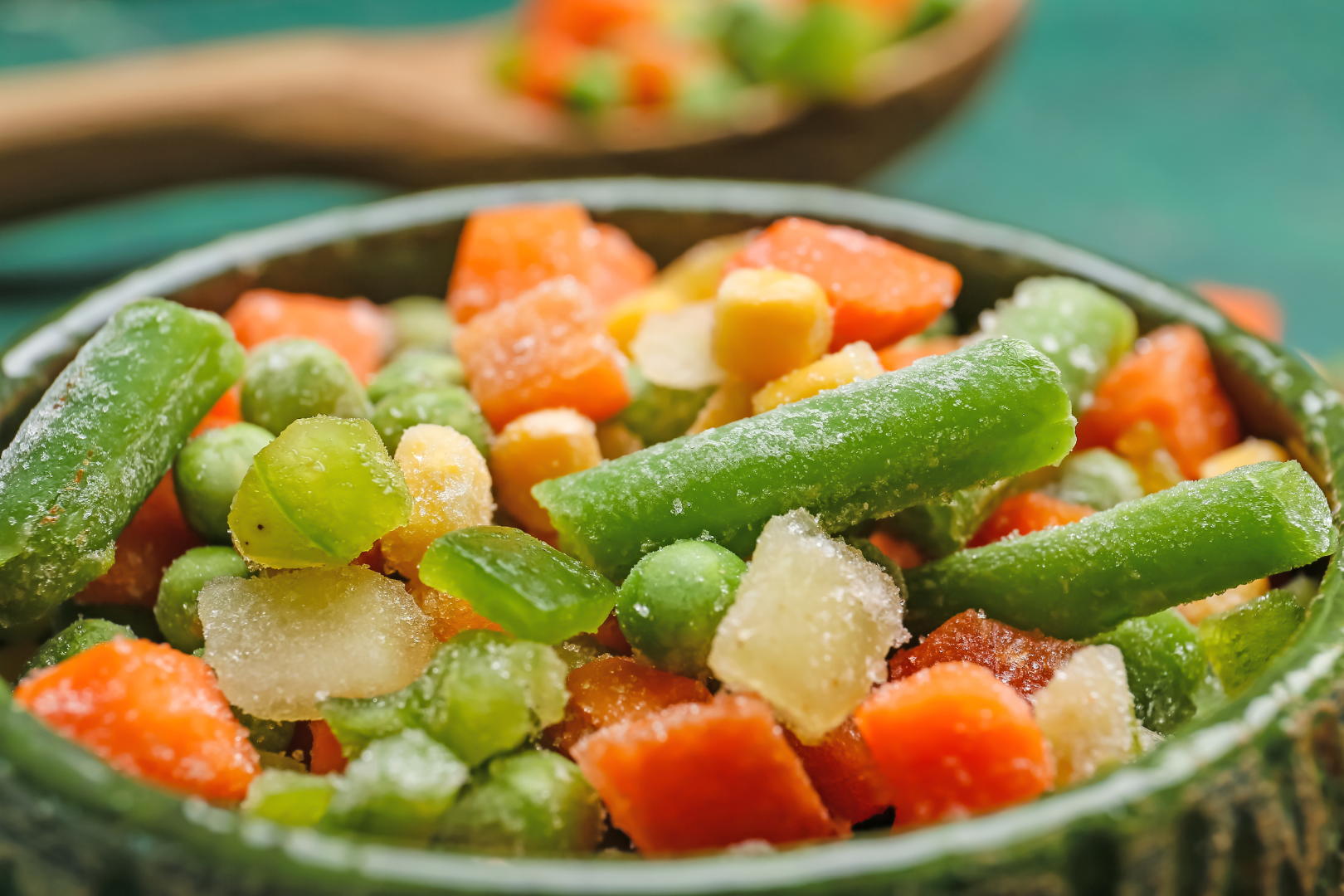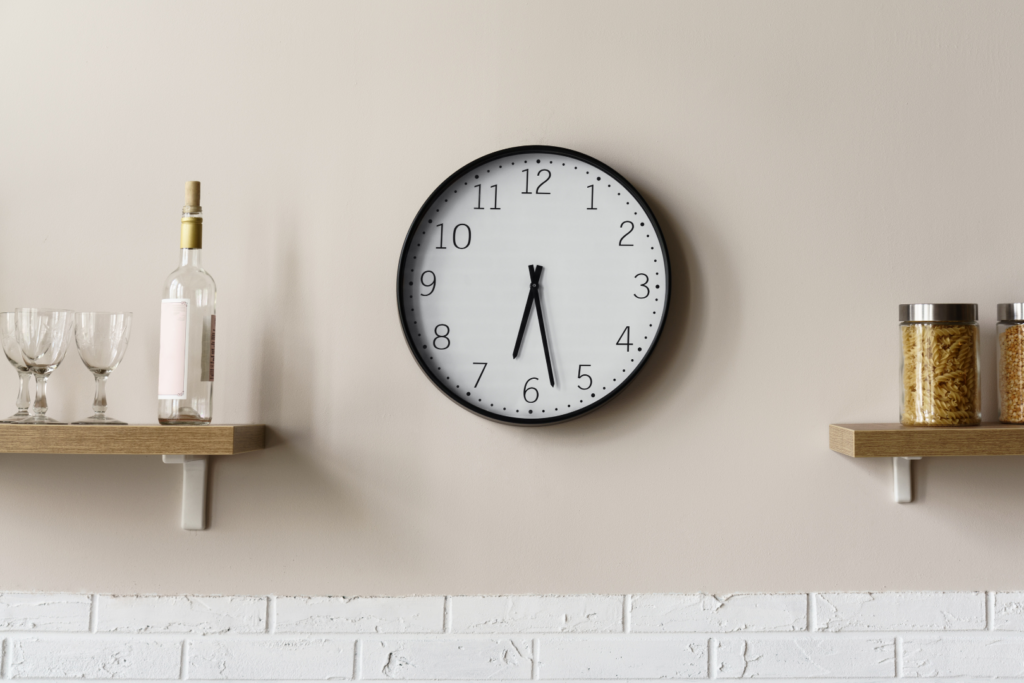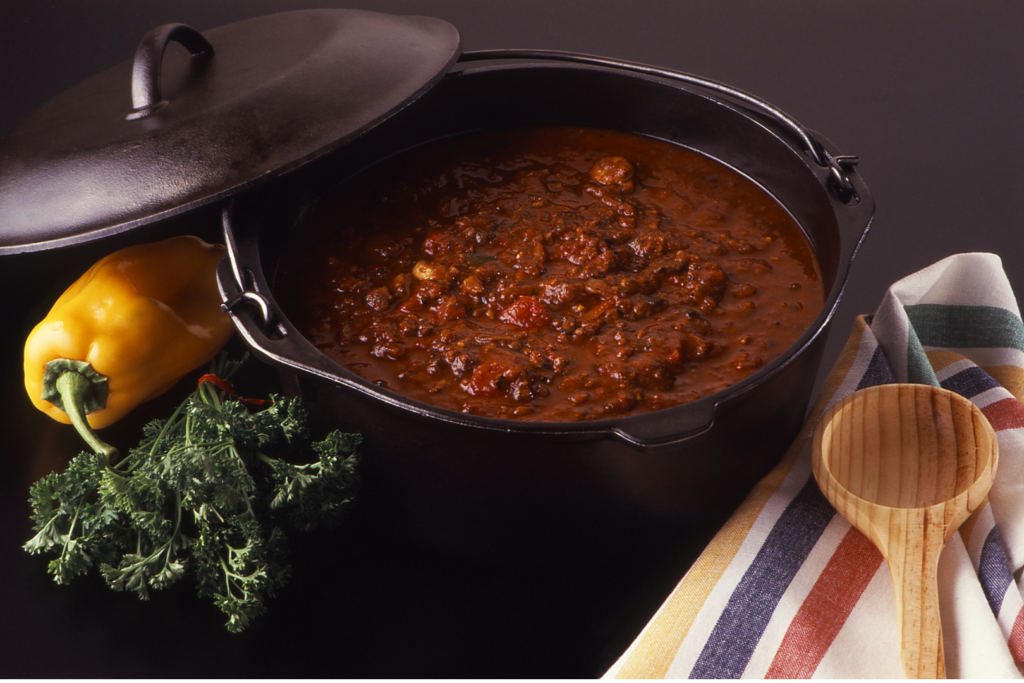
Author :
Eunice Adu- Tutu, Dietetic Practicum Student. Reviewed by Dahlia Abou El Hassan, MScFn, RD, Food Services Registered Dietitian.
Meal Prep
Do you often find yourself being pressed for time and have no food in sight to eat? Believe it or not, it happens to the best of us, whether you're a student or a professional. But not to worry, we have some good news for you. We are here to help you sail through your weeks more smoothly without having to spend hours in the kitchen. Say hello to these top dietitian tips on how you can freeze your leftovers to have on days when you have too much to juggle.

Make Time to Cook
The best time to prepare the bulk of your meal is when you have free time. During your down time, consider making breakfast burritos and freeze them to eat over the next few weeks. The benefit of being able to warm up your breakfast in minutes makes your morning routine much smoother. While making the most of your spare time, blanch your vegetables and store them in the freezer to add to soups later; however, It is important to note that freezing lettuce or cabbage is not recommended, as the ice crystals can damage these vegetables. A good freezer-friendly meal to make is a batch of vegetable soup or chili. The flexibility of soups or chili makes it easier to incorporate protein and additional vegetables, resulting in a nourishing home-cooked meal.

Batch Cooking
Cooking in batches and freezing them for later is a huge lifesaver during busy times. As students, dedicating time to cook daily can be incredibly challenging. However, we can eliminate the everyday cooking process by making extra portions and freezing them for the next few months. When you are ready to enjoy these meals, all you need to is defrost and reheat them in a short amount of time. As you can imagine, it is a convenient solution that takes excess pressure off our hands.

Safety First
Remember to always wait until you cool your cooked meals to room temperature before placing them in the freezer. If you plan on portioning your meals into freezer bags or containers, remove as much air as possible to prevent freezer burn. Don't forget to cut your foods or ingredients into smaller sizes to avoid having large pieces of frozen food that will prolong the thawing process. This also helps to keep the freezer spacious and organized. Label and date your containers with a permanent marker and freezer tape to easily identify the foods you want to reheat. If you are unsure how long to store your food items in the freezer, visit the Fridge and Freezer Storage website. By following these tips, you can have a safe healthy homemade meals ready to go at any time.
NOTE: the content in this blog is solely for informational purposes and not a substitute for informed medical advice. If you are a student on a York U dining plan consult with the on-campus Registered Dietitian for all nutrition-related inquiries.
